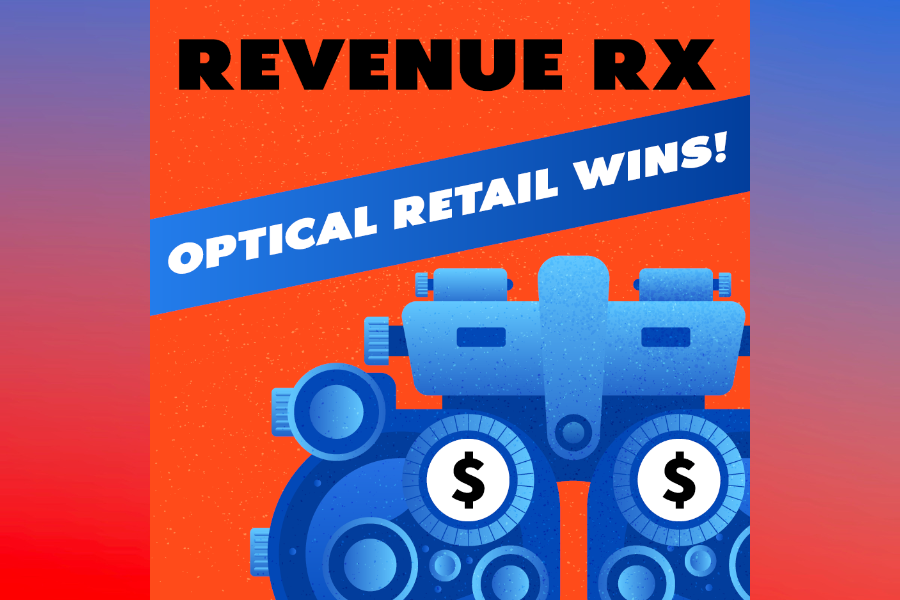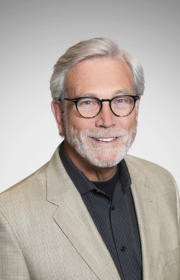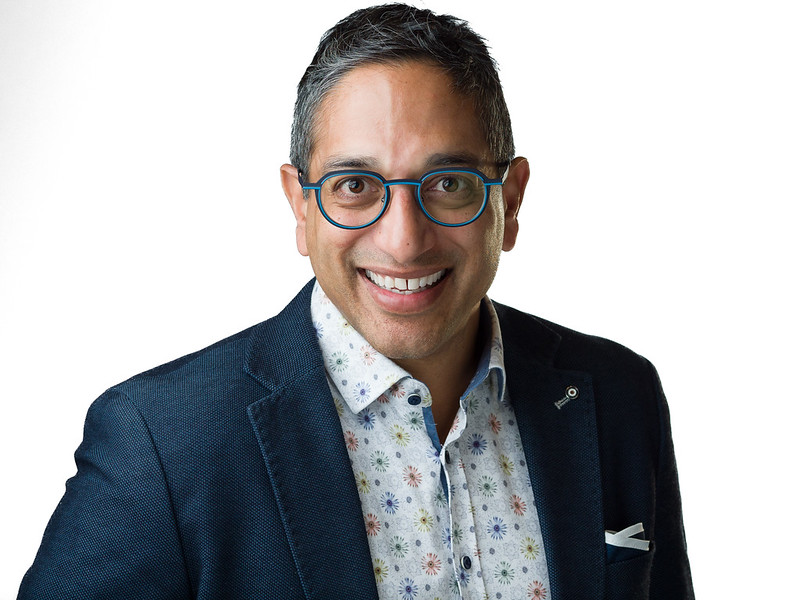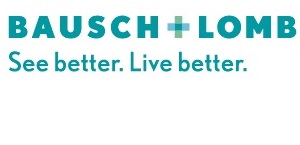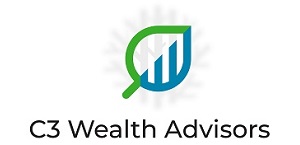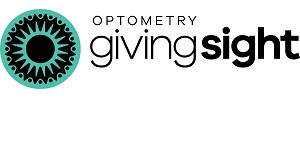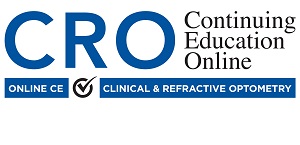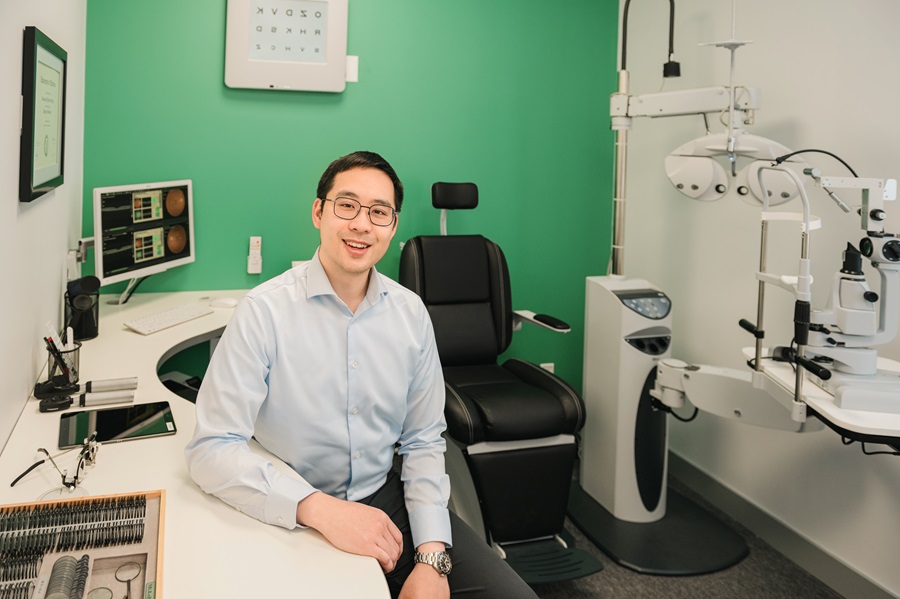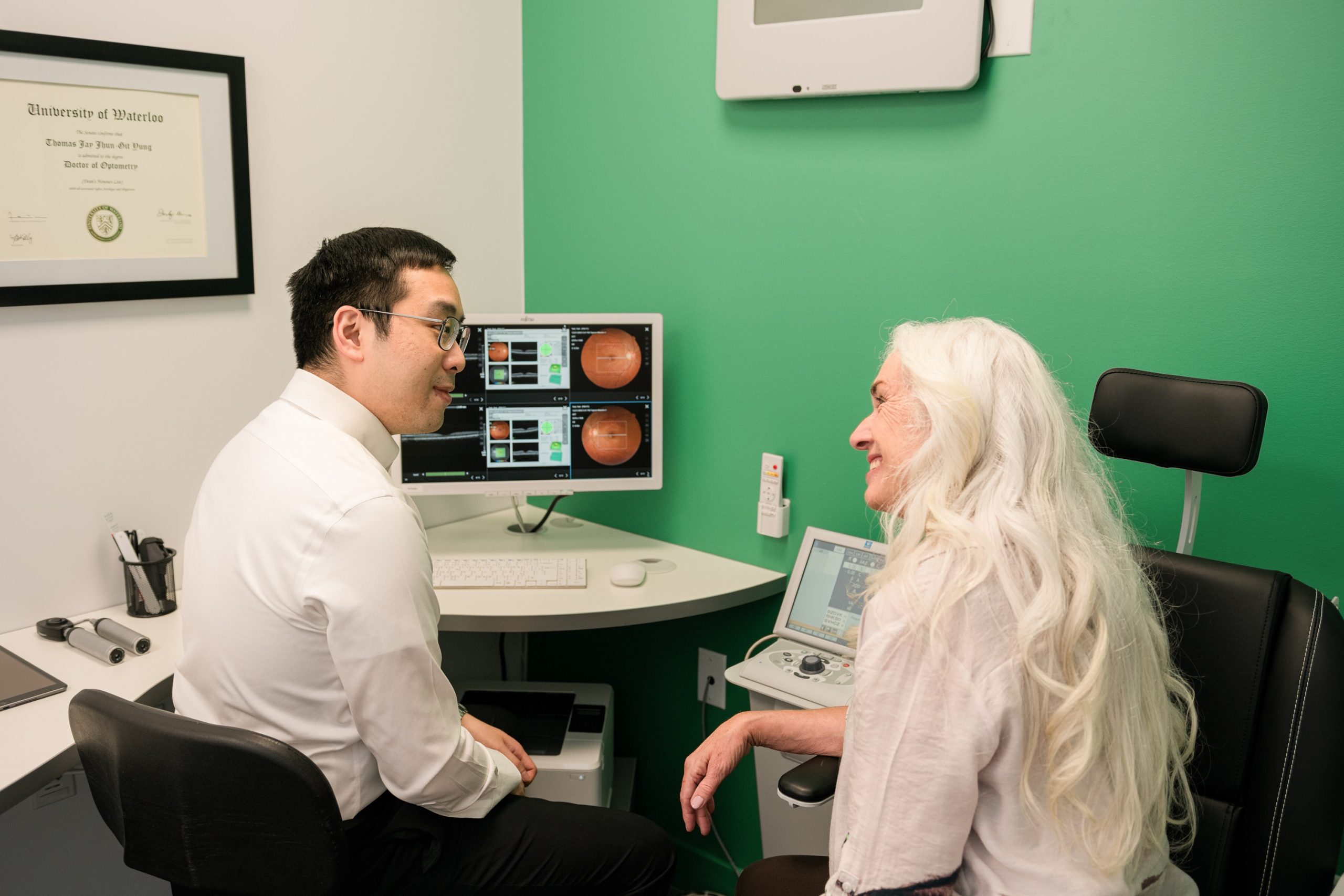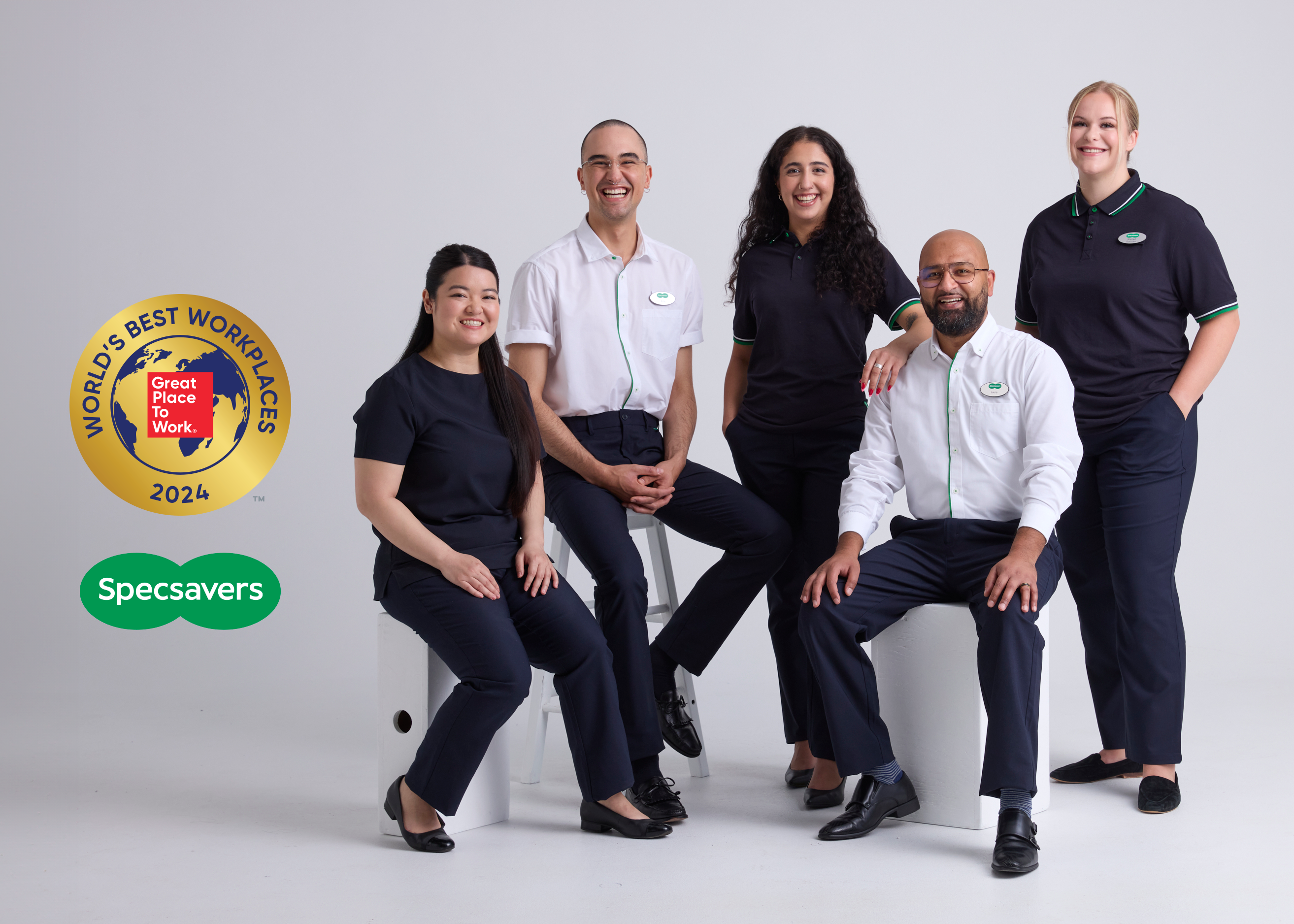
Fortune Magazine and Great Place to Work® selected the optical and audiology business from a list of organizations that took part in the Great Place to Work’s employee survey process, with 7.4 million responses received, representing 20 million employees worldwide.
“This is an incredible achievement, and it is a credit to all our colleagues and partners who work hard to make Specsavers such a great place to work. I could not be prouder. Our ranking among so many other brilliant organizations on this list continues to drive our ambition in making life at Specsavers truly special,” says John Perkins, Specsavers CEO.
To be considered for the list, companies must be identified as outstanding global employers with recognition on at least five Best WorkplacesTM lists from across the world in 2023 or early 2024.
Colleagues said the opportunities offered to develop and grow as well as the culture and level of care for employees were the main reasons for rating the business so highly.
“We’re very proud to be named as one of the world’s best workplaces,” said Bill Moir, Managing Director, Specsavers Canada. “This global recognition reflects Specsavers’ commitment to putting its people first, which has been the foundation of our successful growth in Canada. People have, and always will be, at the heart of everything we do at Specsavers.”

Specsavers was recognized in Canada’s Best Workplaces™ List for 2024, including additional awards for best workplace in retail/hospitality, for women and for giving back. Since arriving in Canada in late 2021, the company continues its rapid growth across the country, providing career and business ownership opportunities in Ontario, Manitoba, Alberta, and British Columbia.
With over 135 locally owned Specsavers locations in Canada, the company employs more than 1,500 people and has more than 300 independent optometrists in its network.
Organizations like Specsavers are assessed on their efforts to create great workplaces and positively impact people and communities across multiple countries around the world.
Start your business with the support of Specsavers. Search available locations.










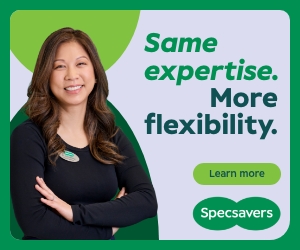



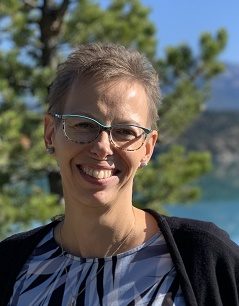

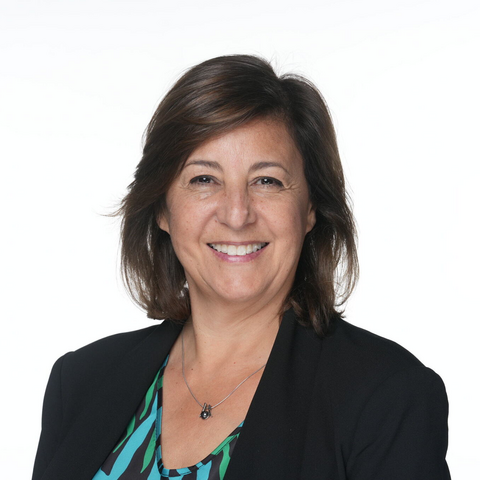

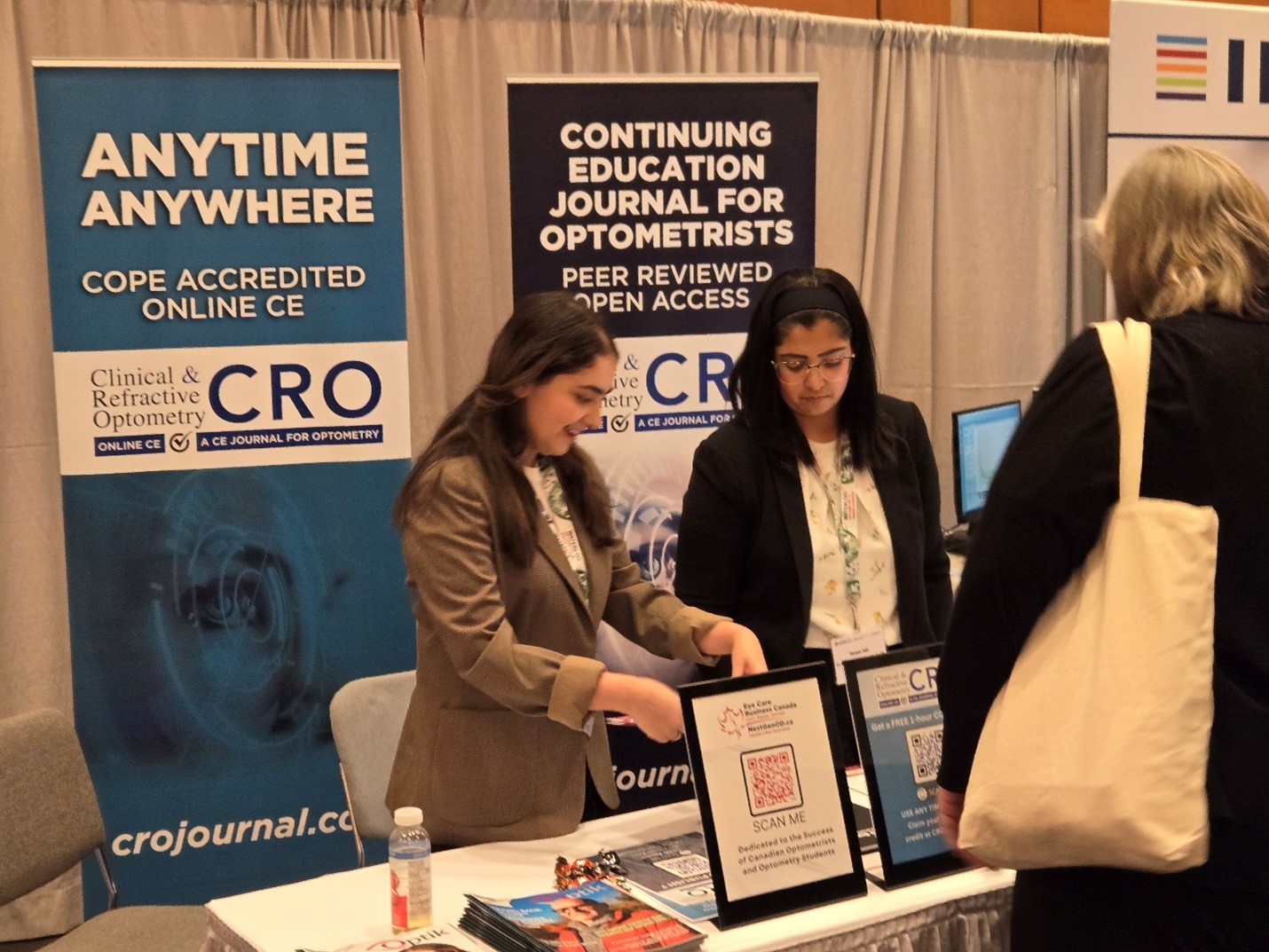
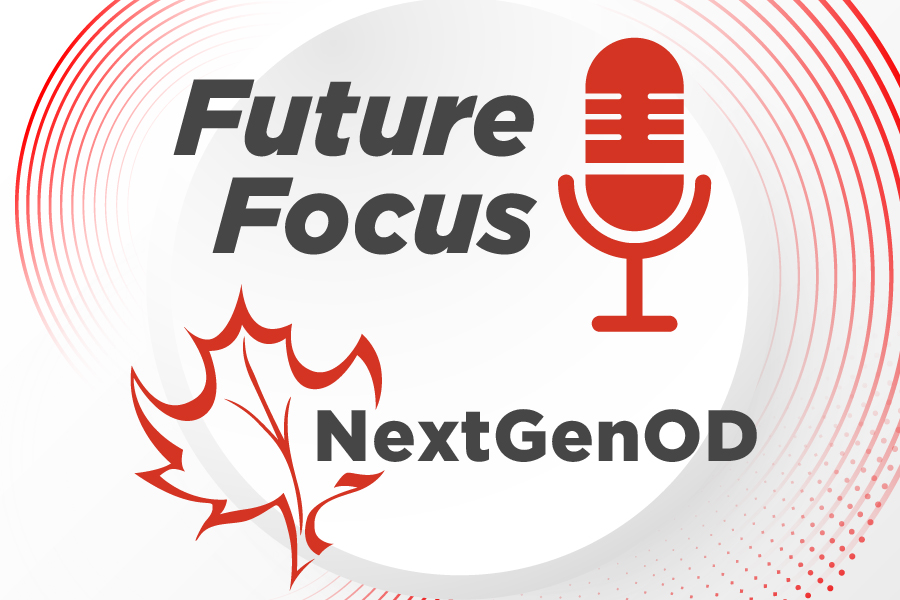
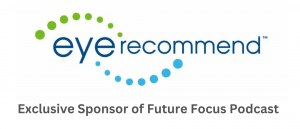 Eye Recommend is a dynamic network of independent optometrists dedicated to providing personalized, comprehensive eye care. They offer outstanding career opportunities across various optometry specialties, along with signing bonuses, mentorship programs, and access to exclusive world-class events and education. With a vast network of experts and clinics nationwide, they empower optometry students and recent graduates to build successful and fulfilling careers.
Eye Recommend is a dynamic network of independent optometrists dedicated to providing personalized, comprehensive eye care. They offer outstanding career opportunities across various optometry specialties, along with signing bonuses, mentorship programs, and access to exclusive world-class events and education. With a vast network of experts and clinics nationwide, they empower optometry students and recent graduates to build successful and fulfilling careers.

